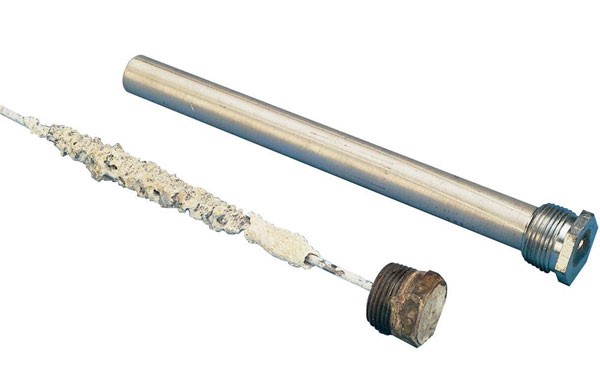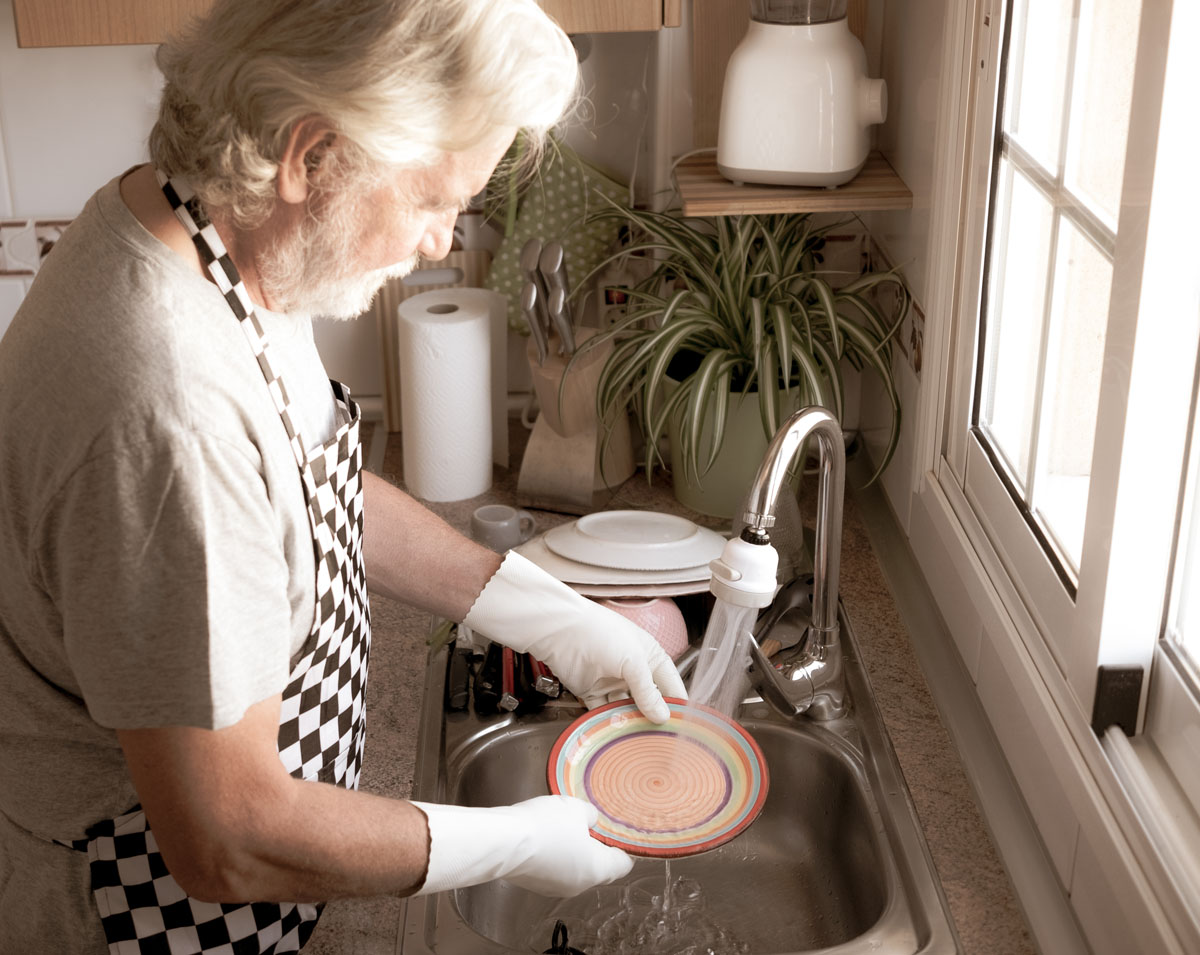The secret is out. Old hot water systems are a major drain on retirees’ hard-earned savings. Of course, a reliable supply of hot water is a must – but paying a premium for it because your water heater has seen better days is less appealing. So what’s the best energy efficient hot water system for seniors? Well, small households, with existing solar benefit most from a small solar set up, but only just – heat pump technology is the most efficient hot water system on the market. It’s more expensive to install but if you are planning to stay in your home for five more years, it should pay itself off.
If you haven’t thought about your set up in years, chances are that it’s causing a slow leak of funds that could be better spent on making bucket list dreams a reality! These things need regular maintenance, who knew? The good news is that there are government rebates incentivising homeowners to switch to renewable energy. The incentives are reducing annually. So now is the time to ditch the sky-high energy bills and help the planet by upgrading to a renewable energy hot water system.
Read on for signs a hot water system needs replacing and the best systems to meet the needs of empty nesters.
A Major Household Expense
According to Choice, water heating accounts for a quarter of typical household energy use – and it can be even more. Alarmingly, inefficient hot water systems can increase water heating electricity costs by as much as 65% – and that’s assuming the system is in good working order.
But it may surprise you to learn that the average lifespan of a hot water system is only 10 years. If your system is past that vintage and hasn’t been serviced recently (or ever), you may be one of many homeowners whose inefficient hot water system is costing them far too much. A licensed plumber can inspect your current hot water setup and provide advice on:
- the suitability of the current system for your household needs
- recommended maintenance to improve your system’s efficiency
- upgrade options that could save you money.
Signs a Hot Water System is on the Brink
Here are the most common signs a hot water system needs an upgrade. Notice any of these signs? It’s time to call in a plumber!
- Getting Noisy: A healthy hot water system should not make too much noise. Sounds like cracking, popping, whining, banging, gurgling, or burbling should not be ignored.
- Discoloured or Smelly Water: Foul odours coming from the hot water tap may be caused by bacteria or rust inside the hot water system tank.
- Leaking: Water pooling or dripping around a hot water system can be caused by fractures in the tank or problems with the pipes.
- Fluctuating Temperatures: Constant changes in the temperature of water may highlight an underlying issue that is causing the hot water system to struggle to produce the water supply needed.
- Reduced Water Flow: The buildup of sediment in a hot water system or other plumbing problems in a home can affect water flow.

Choosing a New Water Heater set-Up
Deciding to install a renewable energy hot water system is a major decision for any household. Hot water system technology is advancing rapidly, and it is likely that over time a homeowner’s water consumption has changed, too. The first decision to make when choosing a hot water system is the energy source and heating method: electricity, gas, solar or heat pump installation.
Gas Hot Water Systems
Gas provides a strong flow of hot water, allowing homeowners to run many hot water outlets at once. It is a good option for homeowners who have the connection for it. It can be cheaper than electricity (unless there are solar panels) and because gas rates don’t vary through the day, gas hot water systems can heat water as needed. One important consideration is that gas is a fossil fuel and moves to reduce carbon emissions will likely make gas a less attractive option in the future.
Price Range (approx.): $900–2000 (not including installation)
Electric Hot Water Systems
Electric storage tank systems are generally cheaper to buy and install but more expensive to run, especially if it is on the continuous (full day) rate. Setting it to run on off-peak electricity makes it cheaper but you’ll need a larger tank as the water heated overnight must serve the whole day – or risk having no hot water for your evening cookery.
Price Range (approx.): $400–1800 (not including installation)
Solar Hot Water Systems
Solar is more efficient for smaller tanks where they will likely be used during daylight hours. Here they are saving up to 73% on water heating bills. Solar systems can currently save up to 1.0 to 2.5 tonnes of greenhouse gas emissions per annum. They work by absorbing energy from the sun’s rays on the roof-mounted solar collectors and transferring it to heat the water stored in the tank. By using the natural power of the sun, a solar hot water system can benefit homes with energy savings for years after installation.
Price Range (approx.): $4000–8000 (not including installation)
Heat Pump Hot Water Systems
Hot water heat pumps use the heat in the surrounding atmosphere. They act like a reverse cycle air conditioner, ensuring homes have a steady supply of hot water. This makes them much more energy-efficient and cheaper to run than a conventional electric system. The initial purchase price is more expensive. The payback (break-even) point of a heat pump is typically around five years. This may depend on the rebate you receive. Heat pump hot water systems work all year round, day or night, in all weather conditions, as there is always heat in the atmosphere that can be used. However, keep in mind that the compressor on the unit can be noisy.
Price Range (approx.): $2000–7600 (not including installation)
Rebates to Sweeten the Switch to Renewable Energy
To encourage the use of renewable energy, the Australian Government provides incentives called small-scale technology certificates (STCs) rebates allowing homeowners to get a discount on the purchase price of their system. The number of STCs that are applicable depends on the size of the system. The scheme provides incentives for rooftop solar, solar water heaters and air-sourced heat pumps. STCs are being phased out but there is still time to apply. The value of STCs is reducing at around 7% a year compounding until 2030 when it is predicted to be zero. The best news is, it’s not a typical rebate, it’s a credit that your plumber sorts out for you. So, no faffing about involved.
Upgrading Is Worth It
Making the switch to an energy-efficient hot water system can save you money both now and into the future so don’t wait until your current system breaks down! It’s an inconvenience you don’t need and could lead you to hastily choose a new system without taking the time to properly review all your options. A hot water specialist plumber should be your first port of call to ensure you get all the info you need to choose the hot water system that will best suit your needs.




